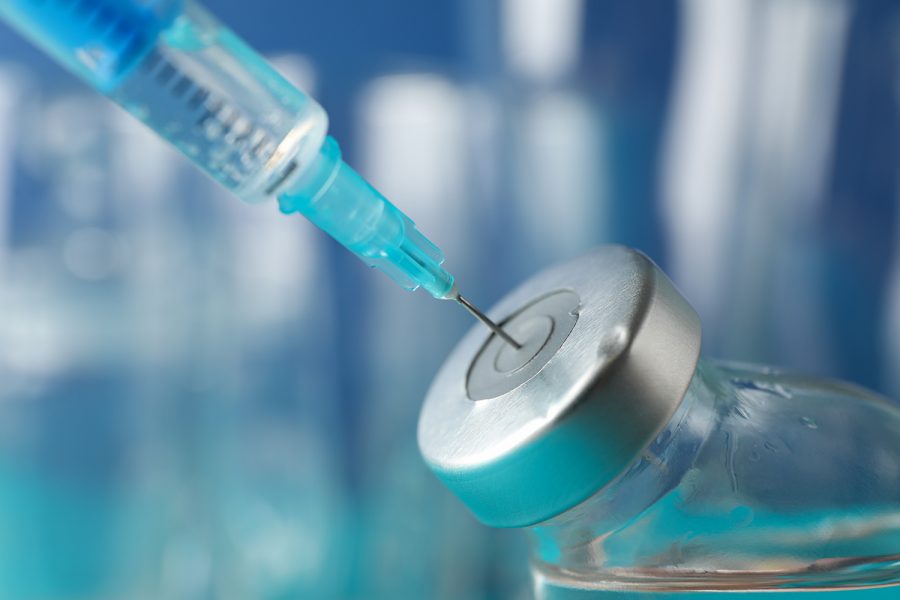Opinion | When you need insulin, you need insulin
Insulin is an essential drug for survival for those with diabetes, yet many have to compromise their health to afford it.
Medical syringe of vaccine injection.
April 6, 2021
For those who have diabetes, insulin is essential for survival. Yet, they are treated like luxury items. This inaccessibility to insulin comes at the cost of people’s lives, and lawmakers need to do their part in lowering these costs.
The rising price of insulin can be attributed to manufacturers, health plans, and pharmacy benefit manager practices. Sen. Chuck Grassley, R-Iowa, said these dramatic increases in prices are because of pharmacy benefit managers getting a percent of the list price, thus hiking up the cost of insulin in order to get more revenue, which PolitiFact Iowa found to be true.
While Grassley has advocated for lower insulin prices, it is imperative with the amount of people struggling through the pandemic that we put this issue at the forefront of government work. Passing legislation is necessary in preventing pharmacy benefit managers from treating insulin like a luxury commodity when in reality it is a necessity for survival.
A large number of Iowans have lost their jobs since the start of the pandemic. Since last February, Iowa has seen a 6 percent drop in employment, according to federal data released in mid-March, putting us at second for largest decreases in unemployment in the country,
With a large number of Iowans still out of jobs presumably, there are a large number of Iowans without insurance.
According to data taken by the Bureau of Labor Statistics, 42 percent of employers who laid off workers amid the pandemic answered that they continued to pay at least a portion of their workers’ health insurance.
With this increase in the number of people struggling financially and without insurance, it is essential the prices of drugs as life-sustaining as insulin are lowered.
Bryn Shippy, a junior studying psychology and human relations, has felt the effects of high insulin prices. Her freshman year, she went through a complete life change after being diagnosed with Type 1 diabetes. After extreme fatigue, weight loss, and other symptoms continuing to pile on top of each other, Shippy spent nearly a week in the intensive-care unit following her diagnosis.
Although she considers herself lucky, it has not been easy adjusting and keeping up with the cost of insulin and blood glucose trackers like the Dexcom.
“For a month’s supply of my Dexcom it costs over $1,000 dollars, without insurance. We had to pay out of pocket once before our deductible was met, in turn that means we have to pay for top tier health insurance,” Shippy said. “The cost of insulin is roughly the same. There is absolutely no way I could pay for all of this without insurance and help from my parents.”
Many people are forced to go without or ration the drug keeping them alive, putting themselves at extreme risk. Going without insulin at any point is incredibly dangerous for someone with diabetes, let alone for extended periods of time.
“If I go even a meal without taking insulin, I will feel the effects, like extreme fatigue to the point where I can’t keep my eyes open, I get chest pains, and trouble breathing,” Shippy said.
There is no reason insulin in the U.S. should cost 10 times more than in any other developed nation. Throwing a pandemic into the mix, that has left thousands jobless, only exacerbates this problem.
At the core of these high costs of insulin and accessibility to health care is a much larger broken system, and Iowa lawmakers need to take immediate action capping the price of insulin and allowing for emergency refills.
Columns reflect the opinions of the authors and are not necessarily those of the Editorial Board, The Daily Iowan, or other organizations in which the author may be involved.



